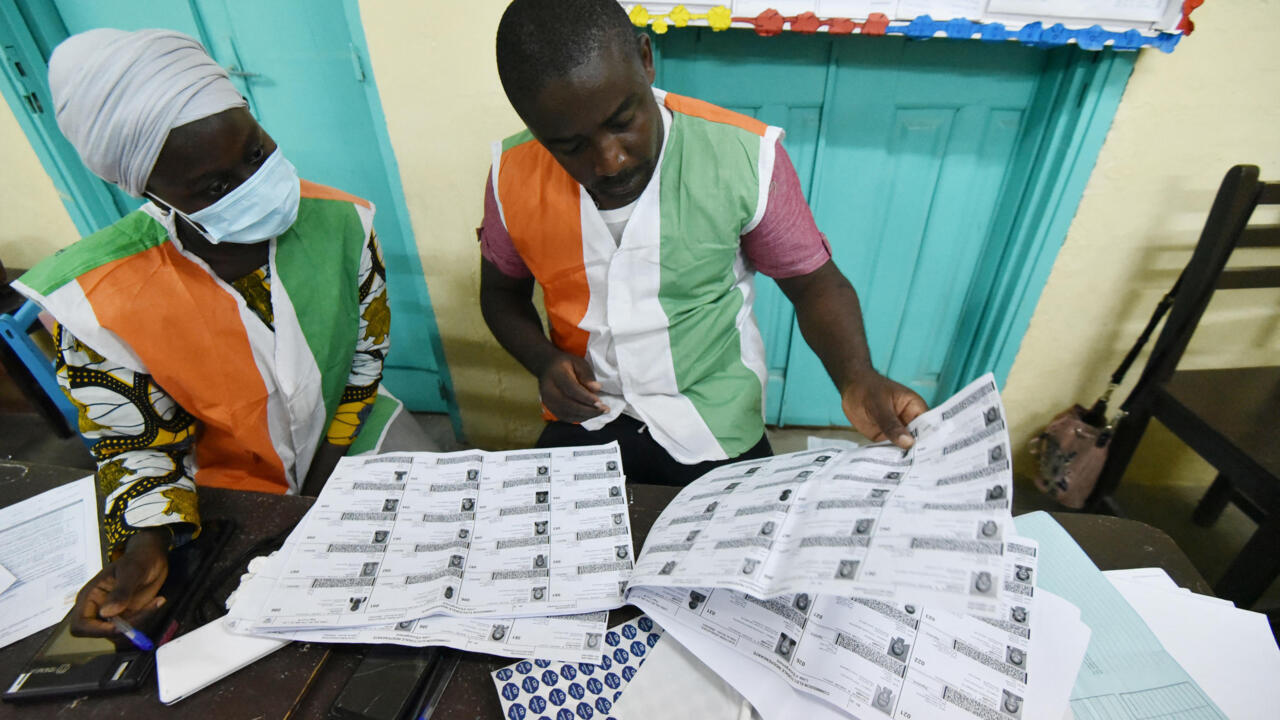The European Union has announced a seven-million-euro fund to support “credible and peaceful” elections in Ivory Coast, just seven months ahead of the country’s presidential vote.
The funding aims to strengthen public confidence in the electoral system and promote fair elections in a nation that has experienced multiple electoral crises.
The EU Ambassador to Ivory Coast, Francesca di Mauro, clarified that the EU’s role is not to replace Ivorian authorities or influence the election results but rather to support democratic stability.
“The EU backs only one candidate: social cohesion,” she stated.
The Independent Electoral Commission’s first vice president, Sourou Kone, expressed optimism that the EU partnership would contribute to “transparent and peaceful” elections.
The initiative primarily seeks to encourage youth participation by raising awareness about the importance of credible and inclusive elections.

The programme also plans to deploy 700 election observers for the October 25 presidential vote and the 2026 legislative elections, as well as provide institutional support for election organisers.
Additionally, 15 regions identified as high-risk areas will receive special attention to promote community engagement and prevent unrest.
Ivory Coast has a history of election-related violence. The 2010-2011 post-election crisis resulted in around 3,000 deaths after then-president Laurent Gbagbo refused to concede defeat to Alassane Ouattara. A decade later, the 2020 presidential election saw at least 85 people killed as tensions flared over Ouattara’s controversial third-term victory.
Now 83 years old, Ouattara has not yet confirmed whether he will seek a fourth term, but concerns are rising over potential unrest if opposition candidates are barred from running.
Gbagbo has announced his candidacy, but authorities have ruled him ineligible due to a criminal conviction related to the 2010 post-election violence, removing him from the electoral roll.
On Monday, the electoral commission is set to release a provisional voters’ list, expected to include around nine million registered voters.
Opposition groups have called for a revision of the list ahead of the October elections, as nearly half of the country’s 29 million people are minors and therefore ineligible to vote.


 Trending
Trending 